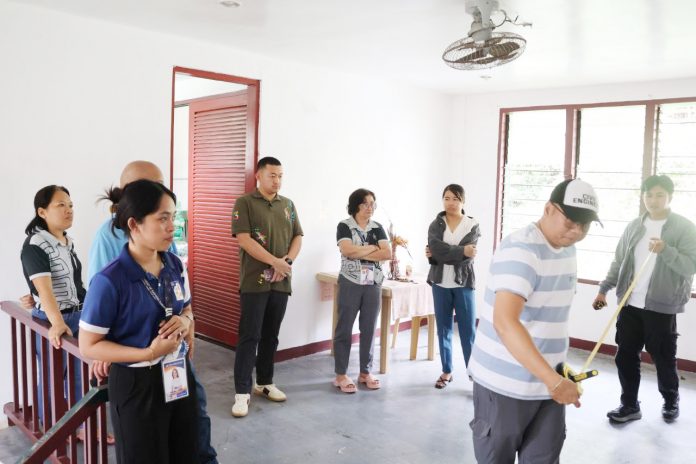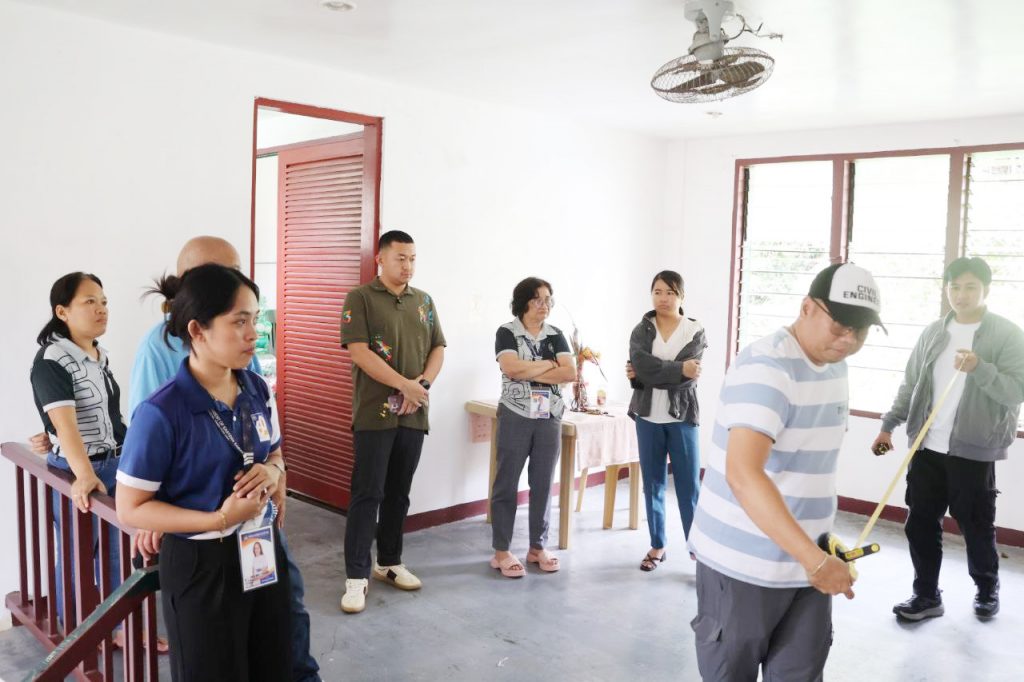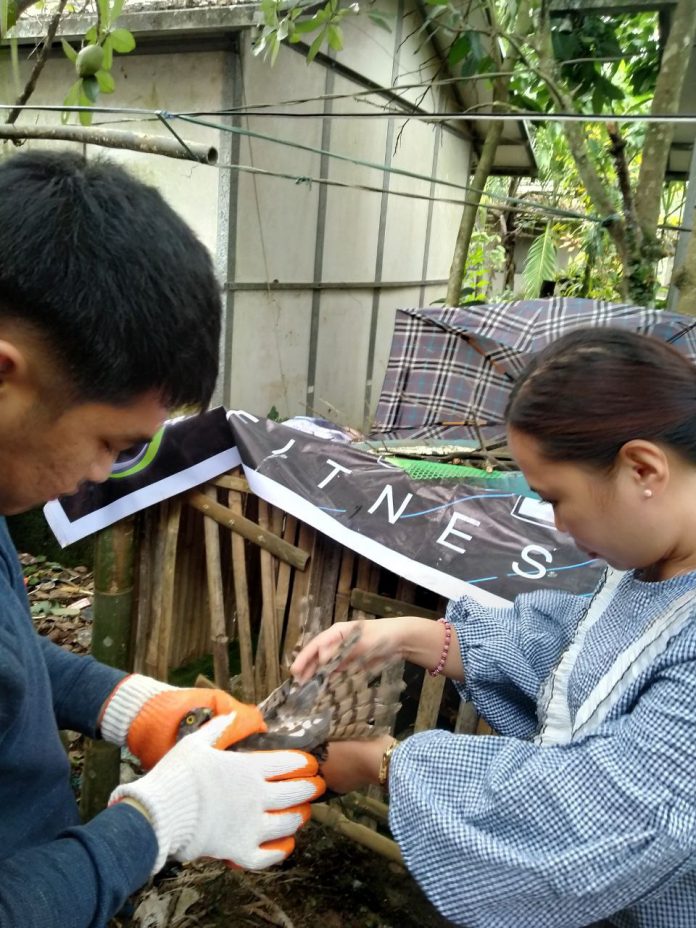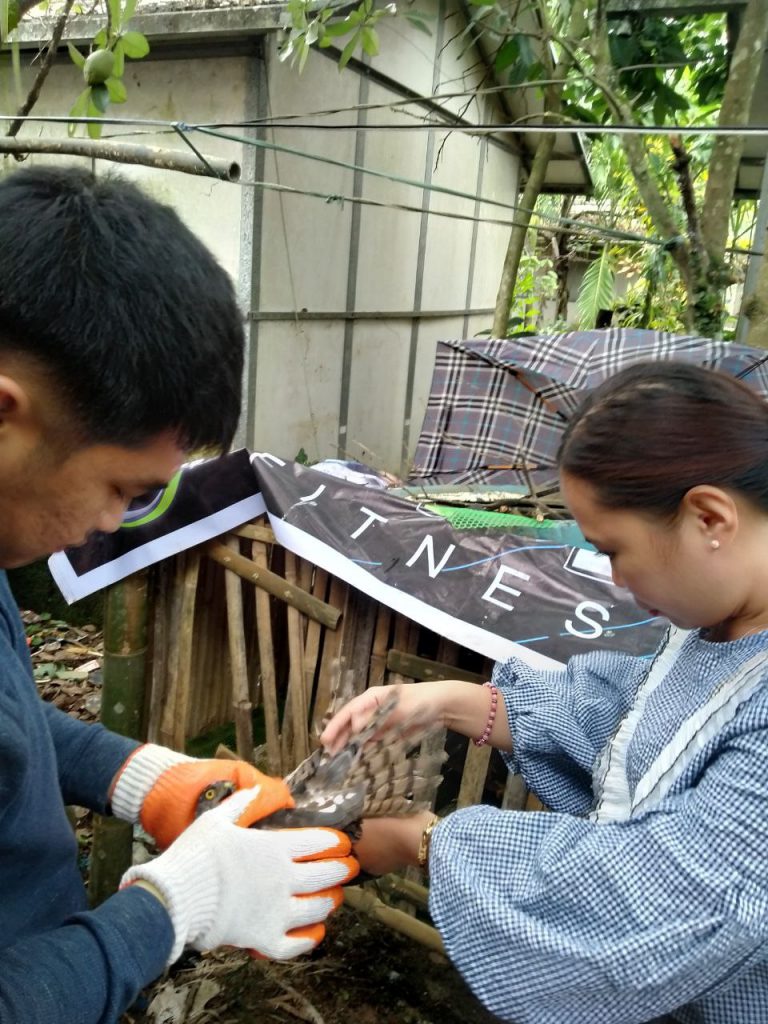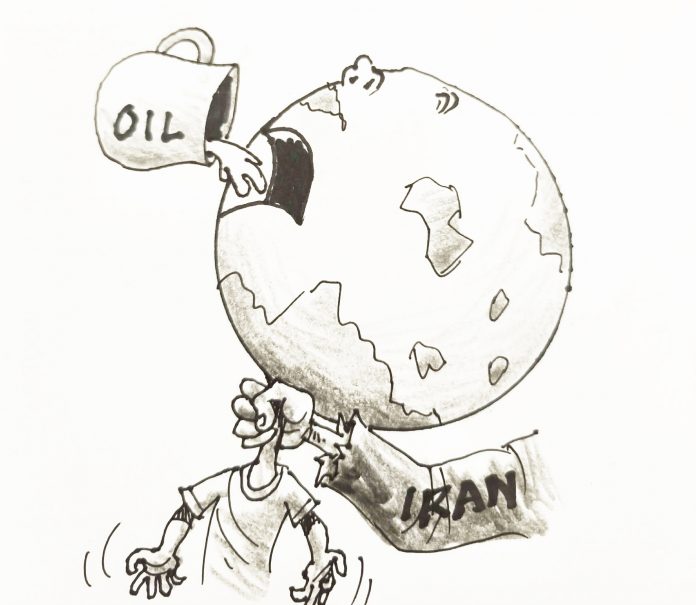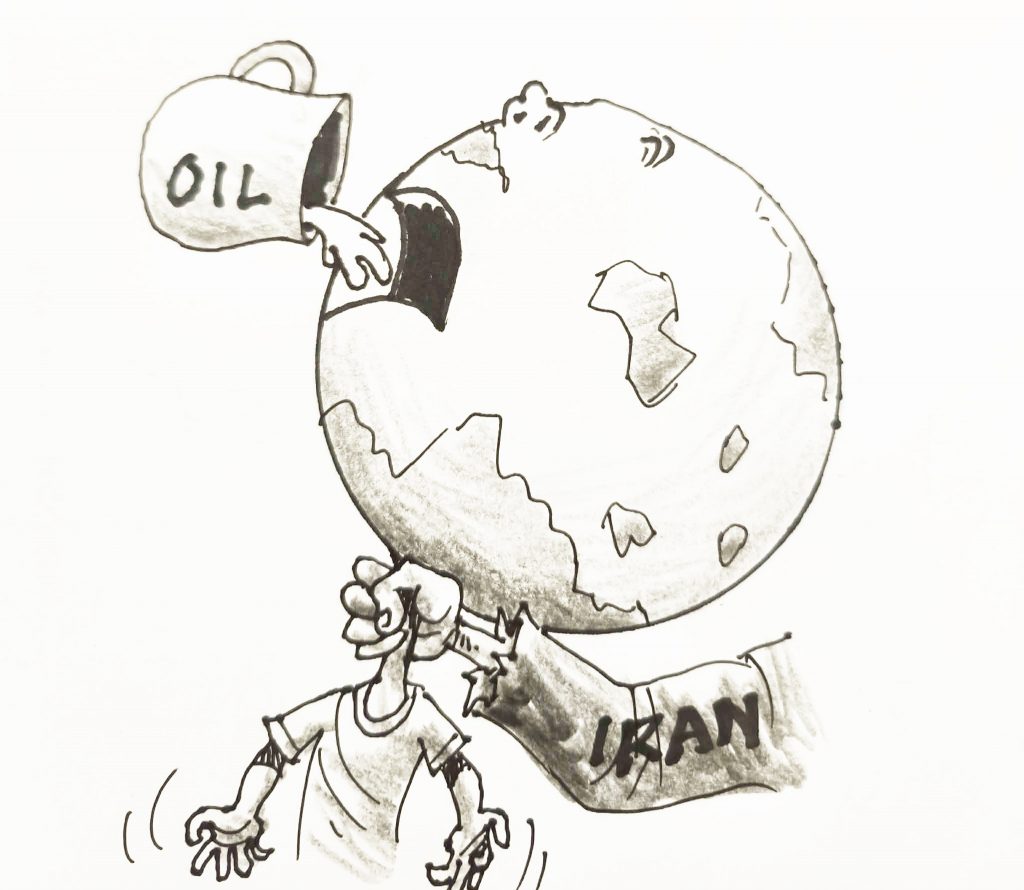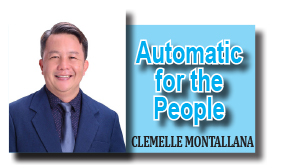
(EVRAA FACEBOOK)
BAYBAY CITY — Leyte Division opened its medal hunt in style at the 2026 Eastern Visayas Regional Athletic Association (EVRAA) Meet as Crisha Mae Tajaros captured the first gold for the province in the Secondary Girls 3,000-meter run on Monday, March 2.
The victory, achieved at the New Binaybayon Sports Complex, gave Leyte’s 838-strong delegation an early boost in its bid for overall championship.
“Crisha Mae’s triumph is a shining example of what our athletes can achieve through hard work and determination. This win marks the start of a remarkable journey for her and the Leyte Division team,” said Department of Education (DepEd) Leyte Division Superintendent Mariza Magan.
Tajaros has built an impressive track record, winning gold at the 2025 Palarong Pambansa in Ilocos Norte and recently securing a silver medal in the 3,000-meter run at the 14th ASEAN Schools Games in Brunei, the Philippines’ first podium finish at the tournament.
“Crisha Mae has set the bar high for our young athletes, and we expect great things from her and the rest of the Leyte Division team,” Magan added.
The DepEd Eastern Visayas Regional Office, which organizes the annual competition, hailed Tajaros’ performance as “a moment of pride, a triumph of endurance, and a victory for Leyte.”
“Crisha Mae dominated the track, proving that champions are built through discipline, resilience, and heart. Every stride reflected months of preparation, sacrifice, and an unbreakable spirit to bring honor to Leyte,” the regional office said.
The office further noted that the victory “sets the tone for EVRAA 2026—strong, focused, and fearless,” emphasizing that the win symbolizes what young athletes can achieve when passion meets perseverance.
The weeklong EVRAA Meet, Eastern Visayas’ largest inter-school sports tournament, has drawn over 10,000 participants, including student-athletes, coaches, trainers, and officials from 13 schools divisions.
The competition also serves as a qualifier to select the region’s representatives for the upcoming Palarong Pambansa in Agusan del Sur.
(RONALD O. REYES)

